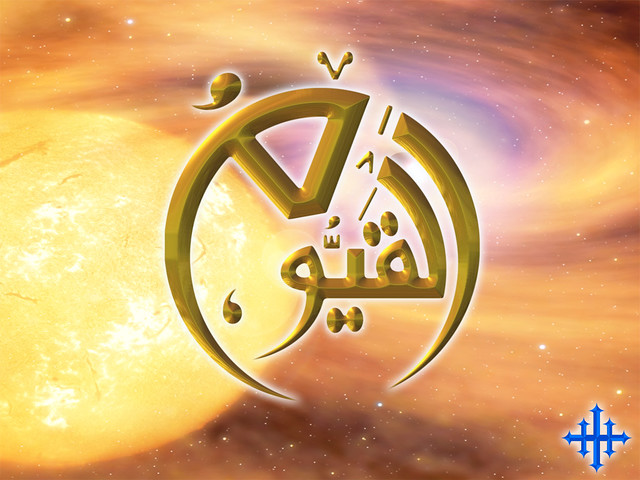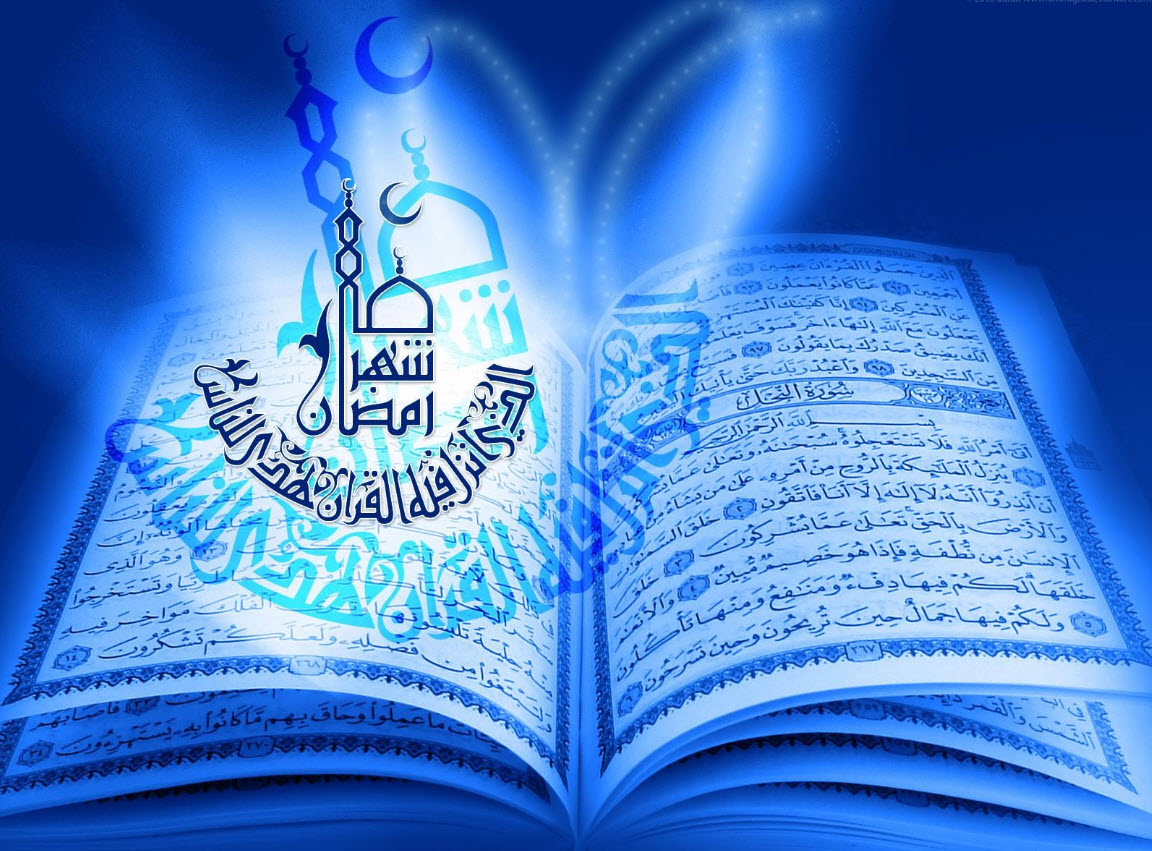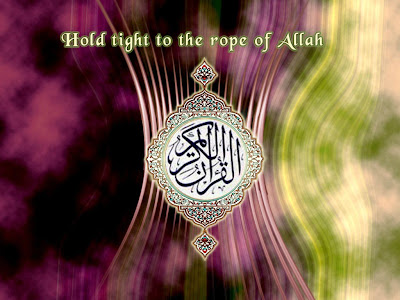3d Islamic Wallpaper Islamic Wallpaper Hd Quotes desktop for Mobile free download for facebook hd 1080p 3d Desktop Background
Source: Google.com.pk
Islam is about…
Islam is the fastest growing religion in the world. Indeed,
one out of every five persons on this earth is a Muslim. There are nearly 3
million Muslims living in United Kingdom and the number is growing. Yet,
unfortunately, Islam is also the most misunderstood religion. Muslims live in
different parts of the world ranging from China to Argentina, Russia to South
Africa. The country with the largest Muslim population is Indonesia.
Islam means the active submission to the one God. It is
strictly a monotheistic religion since it restricts worship to the one supreme
Lord who is the Originator and Creator of the universe. Peace (the root from
which the word Islam is derived) is attained through complete obedience to the
commandments of God, for God is the source of all peace. Muslims are those who
believe in one God and in Muhammad as the final Prophet of God. They devote
their lives to the service of God, the Creator and Sustainer of the universe.
Islam teaches that God (called Allah in Arabic) is the
source of all creation and that human beings are the best of His creation. He
communicates by inspiring them towards goodness and by sending Prophets who
deliver God’s message. Muslims believe that the first Prophet was Adam followed
by a long chain of Prophets to guide humanity. The Qur’an, according to Muslim
belief, is the word of God revealed to Prophet Muhammad. It mentions many other
Prophets like Noah, Abraham, Isaac, Ishmael, Moses, Jacob, Joseph and Jesus.
All the Prophets brought the same message, i.e., belief in one God, upright
human conduct and belief in the accountability of human acts at the end of
time.
Islam is the final religion revealed to human beings through
the last Prophet who was called Muhammad. He was born in Mecca (in Saudi Arabia)
in the year 570 A.D. Muhammad was a very truthful and honest person. He was
also very pious and detested the moral decadence of his society. At the age of
forty, God asked him, through the angel Gabriel, to proclaim the religion of
Islam publicly. God’s message to humanity was delivered in the Qur’an which was
revealed to Muhammad. The Qur’an, which is the holy book for Muslims, contains
114 chapters (called Suras). Muslims believe that it is the pure word of God,
unadulterated over 14 centuries. It deals with issues that affect human beings
in their earthly lives; issues like piety, upright human conduct, worship, the
creation of a just and virtuous society and the practice of ethics.
Islam has two major schools of thought – the Shi’a and the
Sunni. The Sunnis believe that the community selected its own leader after
Prophet Muhammad’s death whereas the Shi’as believe that the Prophet had
appointed ‘Ali, by divine will, to be his successor. Leadership is thus
divinely designated. It is to be noted that both the Sunnis and the Shi’as are
united in their major beliefs i.e., they believe in the same God, the same
book, the same Prophets and pray in the same direction. The differences are
mainly theological and jurisprudential.
The Teachings of Islam
Islam teaches that human beings are born pure and sinless.
No one is responsible for, or can take responsibility for the sins of others.
The doors of forgiveness are always open for those who repent sincerely. God
continuously reminds us in the Qur’an of His infinite mercy and compassion.
Muslims are enjoined to maintain inner spiritual purity through constant
remembrance and prayer to God. Islam balances the spiritual dimension by
emphasizing human responsibility. Human beings are created with a purpose.
Attainment of piety is but one dimension of such purpose; playing an active
role in the creation of a just society is another. Because Muslims attach
importance to what happens in this world, they have made substantial
contributions to the development of science, medicine, mathematics, physics,
astronomy, geography and literature.
Muslims like Avicenna and Averroes have played major roles
in the advancement of science in the West. The first university in the world
was established by Imam Jafar Al-Sadiq in Madina, Arabia. Many crucial systems
such as the Arabic numerals, algebra, the first map of the globe and
navigational maps were developed by Muslims and adopted by the medieval
Europeans.
Apart from human responsibility, Islam also teaches human
accountability. The final destination of human beings is the hereafter. Muslims
believe that, at the end of time, all human beings will be resurrected to
account for their deeds. Those who have performed righteous deeds will be
rewarded with eternal bliss in heaven and those who have performed evil acts
will be punished in hell.










No comments:
Post a Comment